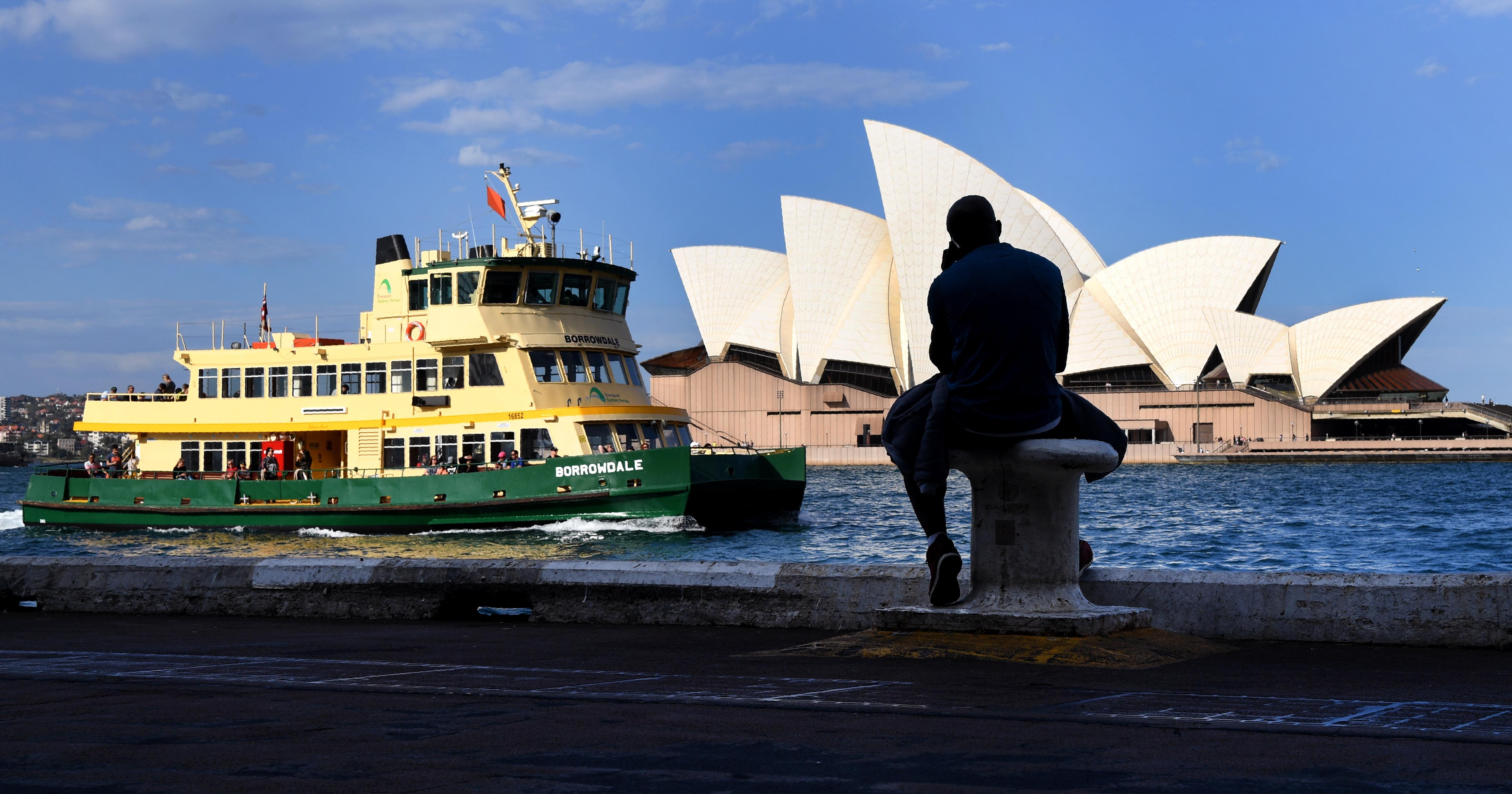When Sydney decided to turn over naming its ferries to the good people of the internet, Andrew Constance, the state Minister for Transport and Infrastructure, basically pleaded, “Let’s really generate some of the best names possible.”
But the good people of the internet, as they are wont to do, denied Minister Constance his wish. On Monday, it was announced that the newest member of Sydney’s fleet would, by popular demand, be christened Ferry McFerryface. The backlash was, of course, immediate. People claimed the name was a childish blight on Sydney’s illustrious harbor, devaluing the names of other boats that were dedicated to real Australian heroes like Catherine Hamlin, a pioneer in fistula repair and safer birthing. While these critiques are entirely reasonable in an era when the democratic process is under assault, Contrarypants McSlatepitch feels compelled to stand by Ferry McFerryface.
Australia’s principled decision to keep the inelegant ferry name was never guaranteed. The list of stories of naming sabotage is long and includes more than a few examples of governing bodies who refused to go along. In Slovakia in 2012, for example, legislators asked internet users to select the name of a pedestrian bridge. The overwhelming winner? “Chuck Norris.” But the government ended up naming it the “Freedom Cycling-Bridge,” in memory of those who died escaping Communist rule in Eastern Europe. It’s an important commemoration of the region’s troubling history and a fitting memorial to the people who fled by any means necessary, even by foot. But it was still a rejection of the will of the people! And the Slovakians weren’t the only ones to put their foot down when the democratic process went awry. Residents of Austin, Texas, tried and failed to rename their waste department the “Fred Durst Society of the Humanities and Arts,” after the Limp Bizkit frontman. They, too, were foiled.
In recent years, however, online naming polls have largely been honored. Unfortunately, they’ve also been totally unoriginal. In March 2016, Slate’s Katy Waldman wrote about Britain’s latest research vessel, Boaty McBoatface. Sound familiar? That’s because the trope, Waldman writes, has been around for just shy of forever:
The practice of affixing “Mc” to nouns, adjectives, or verbs “to create mock names denoting a person who … is considered an exemplar or personification” goes back at least to the late 1940s, according to the OED. The cartoon Cool McCool, about an incompetent spy with an air of mystery, aired in 1966… In the ’80s and ’90s, a dismissive Mc often prefaced “something that is of mass appeal, a standardized or bland variety,” says the OED… But the Internet didn’t take up the “X-y McXerson” construction in earnest until 2001[.]
Now, “X-y McXerson” is hard to escape. Soon after Boaty McBoatface was bequeathed to the small research vessel (it was originally supposed to go to a full-size ferry), the Swedes ushered in Trainy McTrainface, and Australians, who are apparently McCrazy, bestowed a racehorse with the rather undignified name Horsey McHorseface. In fact, the construction is so popular, Ferry McFerryface actually only earned second place in the Sydney ferry poll; Boaty McBoatface won there, too, but the government decided it couldn’t steal another boat’s name and settled on the runner-up instead. (Not purely democratic, but we’ll hand it to them.)
In the end, Australia’s Minister Constance was good natured about the result. “I hope it brings a smile to the faces of visitors and locals alike,” he said. And what else could he say? Either we stop asking web saboteurs for their opinions and allowing the dumb internet to make a mess in the real world, or we grin and bear it. Personally, I’m all for Democracy McDemocracyface.
